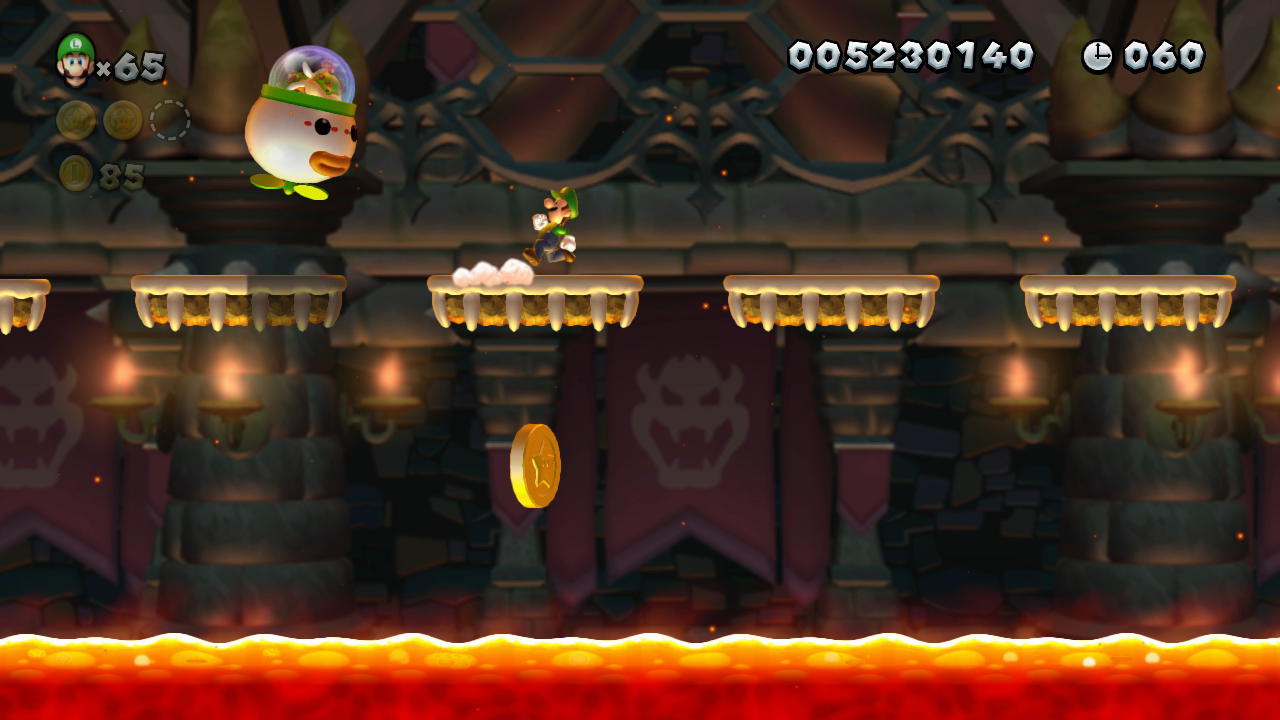When perfectionism gets in the way of enjoyability.
I do not have OCD, otherwise known as obsessive-compulsive disorder. Sure, I may have some obsessive and/or compulsive symptoms (much more than normal if you ask me), but having seen people diagnosed with real OCD before, it is clearly obvious that what I have is incomparable to what they have to deal with on a daily basis. Still, there is undoubtedly a little bit of OCD within all of us, and in some cases, it can also be very destructive.

We have all been there.
I have spent the past few weeks playing a game called Kingdoms of Amalur: Reckoning, a role-playing action game that I have been meaning to try out for years. The game prides itself in its high number of attainable loot, dispersed throughout the 50-hour or so campaign. To most gamers, this sounds like a delight; hundreds of thousands of different items to collect means every experience will be somewhat different; you will never run out of things to do. In fact, this was never a problem for me neither – that is until I made it become a problem. You see, in Kingdoms of Amalur, loot spawns randomly. When you enter any particular building or defeat any singular enemy, the loot you will rewarded with is randomized based on some internal algorithm, meaning very few items have permanent locations. Thus, the chances of you receiving one specific item out of thousands is so miniscule, in the worst case it approaches 0%.
This posed an interesting dilemma for me last week, which effectively “ruined” what was otherwise a great game in my opinion. Ten hours into the game, I happened upon an abandoned house, and within that house laid a chest that contained the aforementioned random loot – though this time around, it was a weapon that doubled my current attack power. Of course, I took it, but unfortunately I did not bother to save my progress, and through a series of very unfortunate events, I ended up losing the item with no way to get it back. I ended up spending the next hour repeatedly reloading the game in an effort to somehow regenerate that item and ultimately regain my lost item in the same way I had received it prior.
Realistically I could have continued on my way and probably would have received an even better item some time down the road, but I refused to put myself through a subpar experience knowing that I could have had that very powerful weapon had I not been so careless.

Girl, I know you want this G.
Those who have been following me for the past few months know that there is one other game that I am having a very difficult time making headway in. Donkey Kong Country Returns 3D is in and of itself not an easy game, but collecting the four “KONG” letters in each level is even more difficult than you can imagine. I am currently in World 6, and of the two paths I can take to move on, neither of which have “KONG” letters in convenient locations. I am stuck simply because I refuse to move on without collecting all the “KONG” letters in every single level. How pathetic is that?
Yet we have all experienced this feeling in one game or another, this desire to achieve perfection and settling for no less. How many times have you restarted an entire cup in Mario Kart just because you placed below first? How about replaying dozens of hours of a particular title just so you can get that Platinum Trophy on your PlayStation? Refusing to move on in Banjo-Kazooie because you are missing one music note in Click Clock Woods? (Seriously, Rareware must have accidentally only placed 99 of them there!)
When playing video games, our obsessions and compulsions manifest themselves within our actions, and they can sometimes take control over you and change the way you experience these games – oftentimes irrationally and for the worse. Perhaps this is because we live in a society that rewards perfection, or because our gaming egos demand that we find every single trinket in order to impress our virtual friends. Whatever the case, there is no denying the immense satisfaction of beating a game to completion or collecting a ridiculously overpowered weapon. On the contrary, not being able to find that last collectible or missing out on a rare item can be devastating to the point where you just want to give up and go home.

It is hard to choose between life or star coin.
Thankfully, my story with Kingdoms of Amalur ends on a high note. After an hour of reloading, I was finally able to – by sheer luck – regenerate the item I had lost before. If only I could say the same with the many other games I have given up on.
Have you ever given up on a game for similar reasons? Why do you think gaming is so prone to obsessive/compulsive attitudes? Leave your thoughts in the comments below!
![Amazing Spider-Man Finale Features New [SPOILER] Costume](../../../../../../assets1.ignimgs.com/2018/06/01/untitled-br-1527892808294_small.jpg)